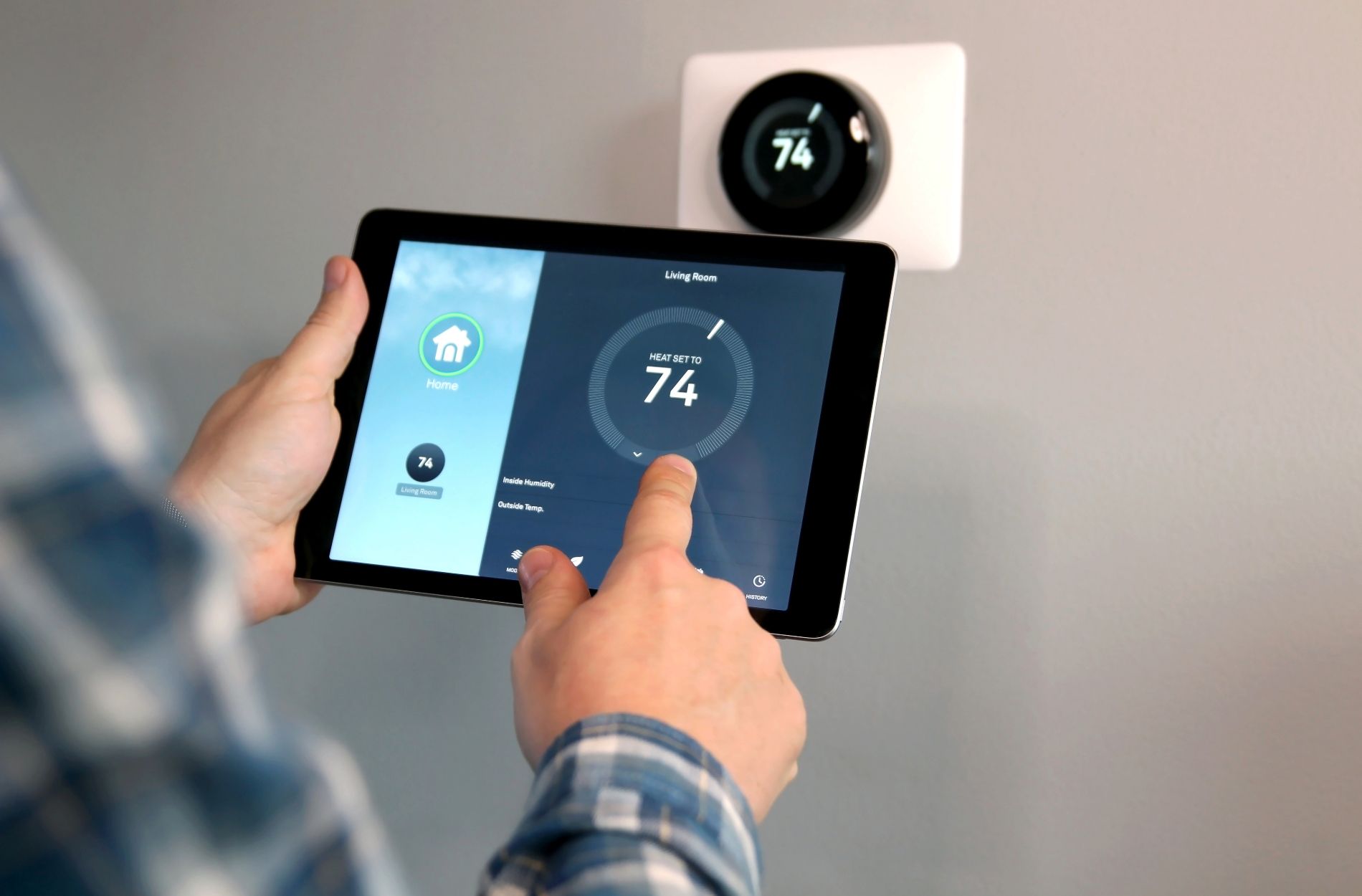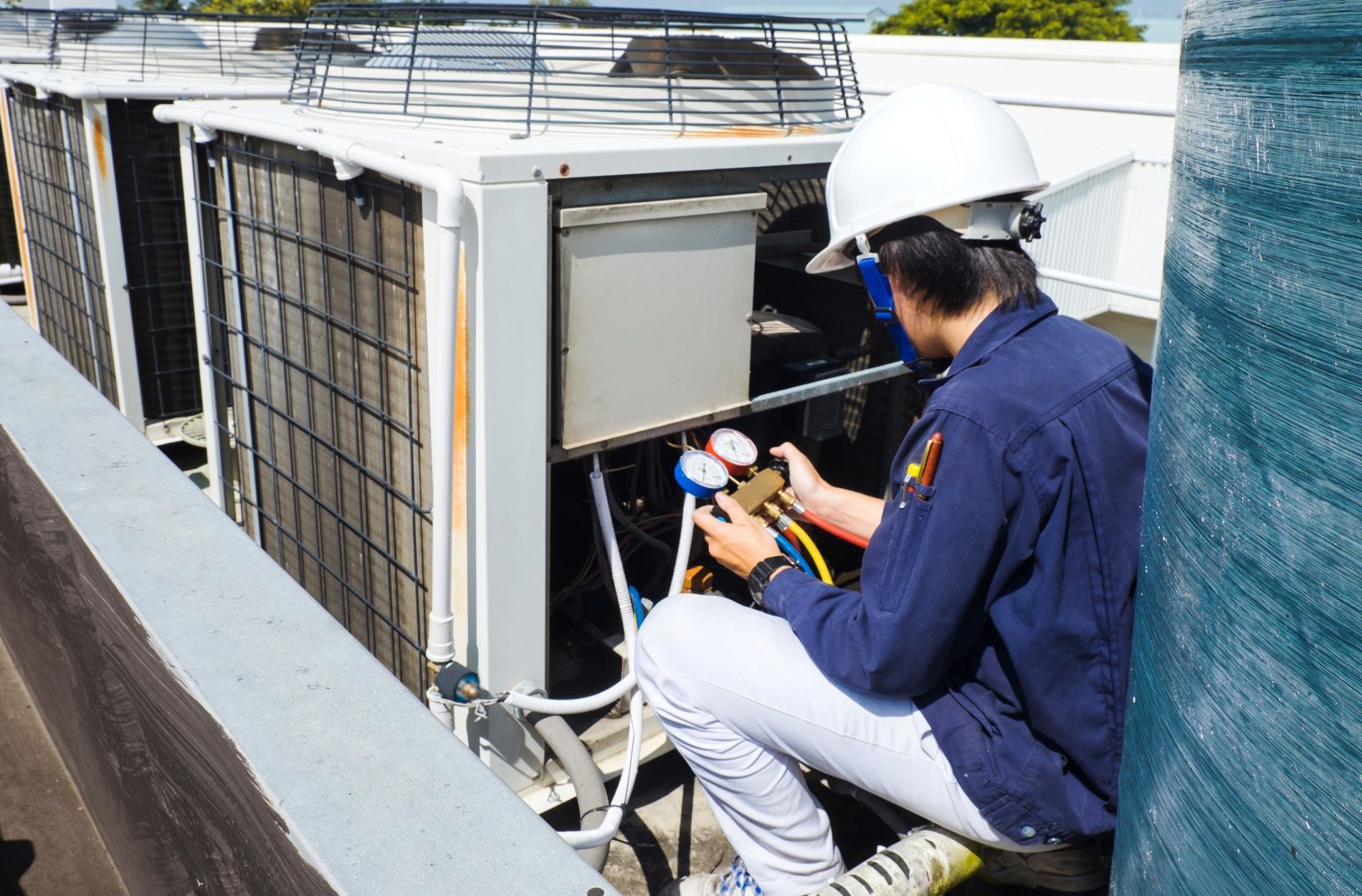Unraveling and Addressing Typical HVAC Problems: A Comprehensive Guide
A heating, ventilation, and air conditioning (HVAC) system is a remarkable marvel of modern technology that keeps our homes comfortable and lives convenient. Despite its relative complexity, most people take their HVAC's smooth operation for granted—until something goes wrong. Like any equipment, HVAC systems are not immune to problems, some of which can lead to inefficient operation or total breakdown. To preempt major malfunctions and costly repairs, it is crucial to familiarize yourself with some of the most common HVAC issues, understand their causes, and learn effective solutions. This blog post aims to guide you through identifying and solving some typical HVAC problems, emphasizing the importance of professional assistance in resolving more complex issues.
An efficient HVAC system is the cornerstone of a comfortable and habitable home, and understanding potential problems can help homeowners detect early signs of wear and tear or malfunction. Common HVAC issues include inconsistent temperatures, strange noises, unpleasant odors, and rapid cycling, to name a few. Each symptom can signify a unique problem—from minor blockages and wear-and-tear to more serious challenges related to electrical components or machinery. Understanding these symptoms, their potential causes, and possible solutions can alleviate discomfort, conserve energy, and circumvent potentially higher costs associated with unrestrained HVAC meltdowns.
Nonetheless, it is crucial to note that while some HVAC problems might appear simple on the surface, they can sometimes signify a more complex, underlying issue that calls for professional attention. Well-trained, experienced HVAC technicians can accurately identify the root cause and provide an effective solution that prevents recurrence. Hence, while this guide will empower you with knowledge about common HVAC issues, it is best to involve professionals at the right time for a quick, safe, and effective resolution. In the upcoming sections, we'll take a deeper dive into typical HVAC problems, their causes, how to resolve them, and when to call in professionals for assistance.
Inconsistent Temperatures and Insufficient Airflow
One common issue that homeowners may face is inconsistent temperatures and insufficient airflow throughout their homes. This can lead to discomfort and frustration as rooms become too hot or too cold. Possible causes for these problems include:
1. Dirty or clogged filters: A dirty filter can obstruct airflow, leading to inconsistent temperatures. Make sure to replace or clean your filters regularly, at least once every three months, or more frequently if you have pets or allergies.
2. Leaky ductwork: Leaks in your ductwork can cause inconsistent air distribution, resulting in uneven temperatures throughout your home. Inspect your ductwork for any visible damage and consult with a professional to get them sealed or replaced.
3. Blocked vents and registers: Ensure that your vents and registers are not blocked by furniture, curtains, or other household items. Blocked vents can impede airflow and create temperature inconsistencies.
Strange Noises from Your HVAC System
HVAC systems are usually designed to operate quietly, but sometimes, they can produce strange noises such as rattling, banging, or humming. Here's how to identify and potentially resolve these troubling sounds:
1. Rattling sounds: Rattling noises could indicate loose components in your system, such as panels or screws, or debris within your vents. Inspect and tighten any loose parts and clear your vents of any obstructions.
2. Banging or clanking sounds: These noises typically signify a problem with the blower assembly or motor, such as a loose or broken component. Turn off your system and consult a professional HVAC technician to diagnose and resolve the issue.
3. Humming or buzzing sounds: These sounds may be caused by electrical issues within your HVAC system. It could be a faulty capacitor, loose wiring, or an overheating motor. Due to safety concerns, it is best to call an HVAC professional to address this problem.
Unpleasant Odors from Your HVAC System
An unpleasant smell emanating from your HVAC system can not only cause discomfort, but also indicate a potential problem:
1. Musty odors: These smells usually suggest mold or mildew growth inside the system or ductwork, often caused by excess moisture or poor ventilation. Contact a professional technician to clean your HVAC system and ducts, and ensure proper airflow to prevent recurrence.
2. Burning or electrical smells: Such odors may be a sign of overheating components, electrical issues, or other potentially hazardous problems. Turn off your system and call a professional technician immediately.
Rapid Cycling: Constant On-and-Off Operation
Rapid cycling, or frequent on-and-off operation of your HVAC system, can reduce its efficiency, increase your energy bills, and cause unnecessary wear and tear. Possible reasons and solutions for this behavior include:
1. A dirty or clogged air filter: Restricted airflow can cause your system to overheat, resulting in short cycling as a protective measure. Replace or clean your air filters as needed.
2. Inaccurately sized HVAC system: If your HVAC system is too small or too large for your home, it may have difficulty maintaining a consistent temperature, causing it to turn on and off frequently. Consult with a professional technician to determine the appropriate size system for your home.
3. Thermostat issues: A malfunctioning thermostat can send incorrect signals to your HVAC system, causing it to cycle improperly. Have your thermostat checked and, if necessary, recalibrated or replaced by a professional.
When to Call a Professional
While understanding common HVAC problems is essential, it is equally important to recognize when it's time to consult with a professional technician. If you experience persistent issues, despite trying basic troubleshooting, or if you suspect electrical complications, it is best to involve an experienced professional to avoid further damage or hazards. Additionally, preventive maintenance and regular tune-ups by a trusted technician can help keep your HVAC system in optimal condition, extending its lifespan and reducing the risk of serious issues.
Conclusion
Being familiar with common HVAC problems can help homeowners detect and address issues early, ensuring a comfortable and efficient home environment. However, it is crucial to involve professionals in diagnosing and resolving more complex problems, maintaining safety and preventing recurrent issues. By partnering with professional technicians for regular
HVAC system maintenance and addressing problems promptly, you can enjoy a well-functioning HVAC system that keeps your home comfortable and energy-efficient throughout the year.


